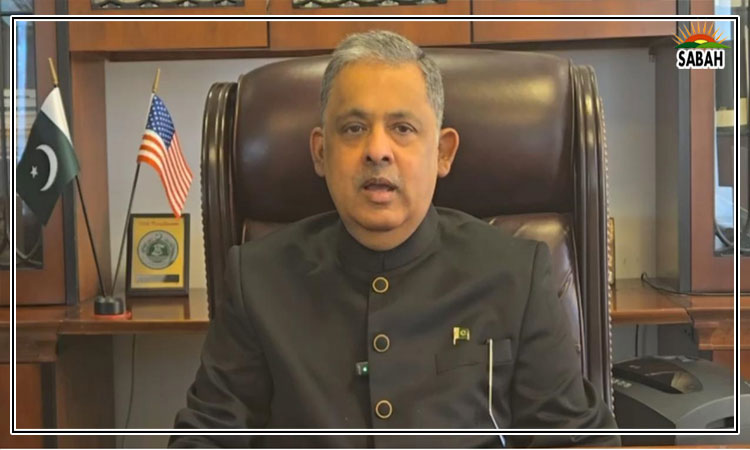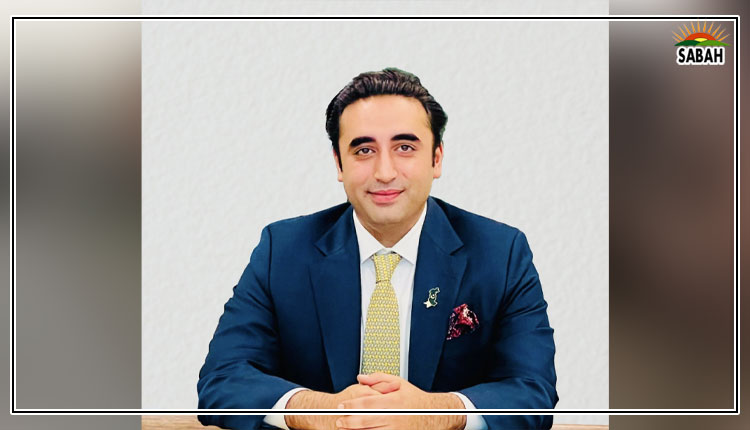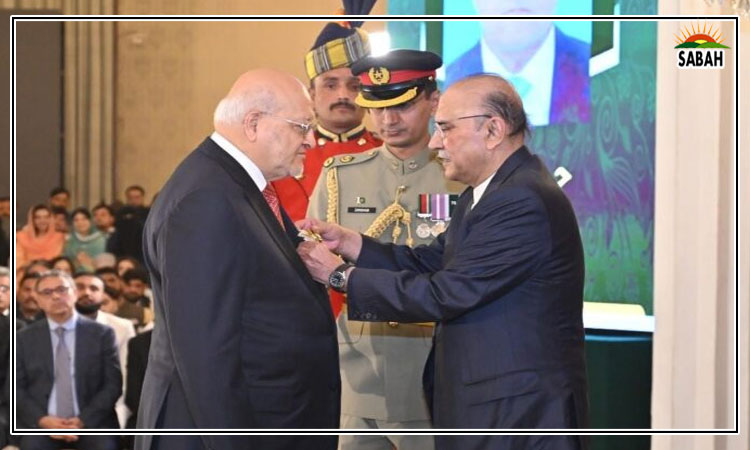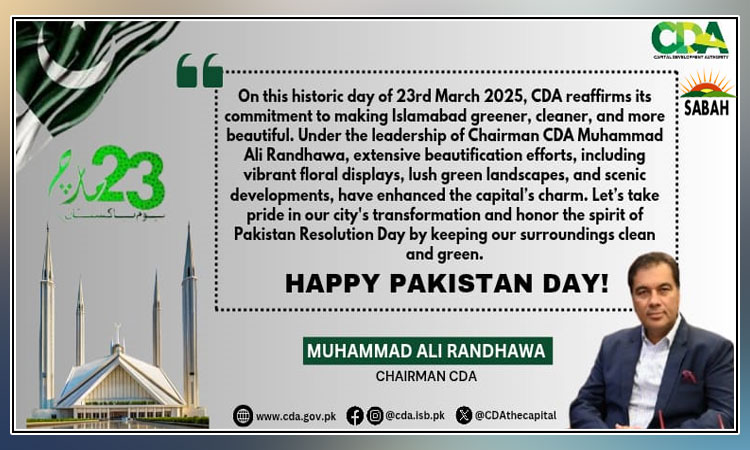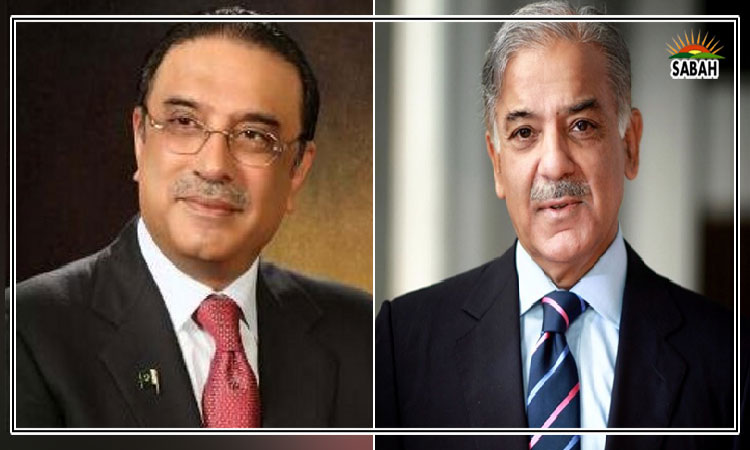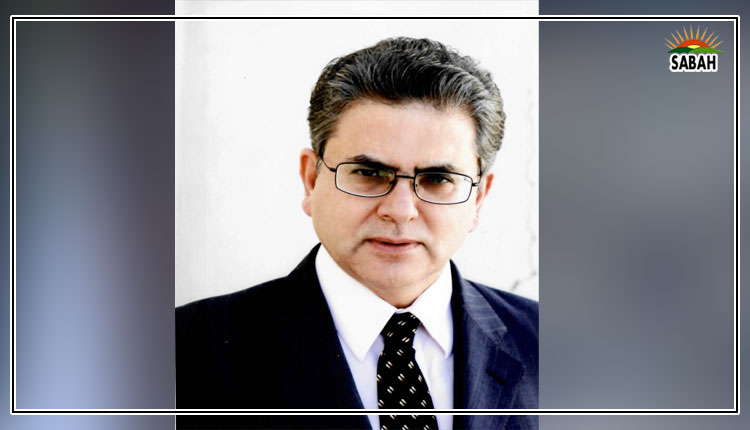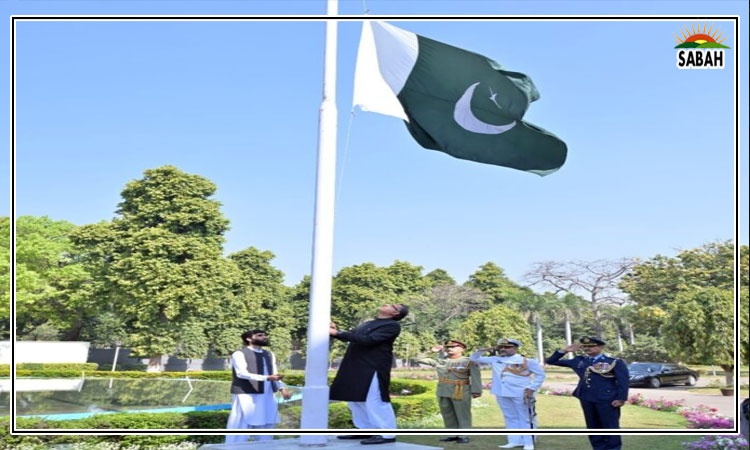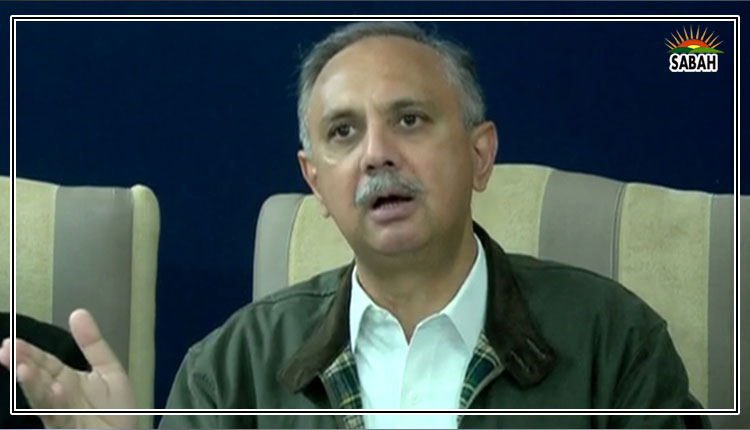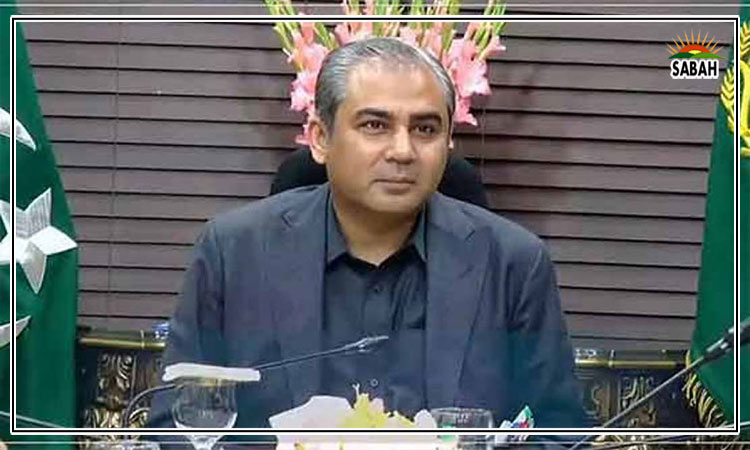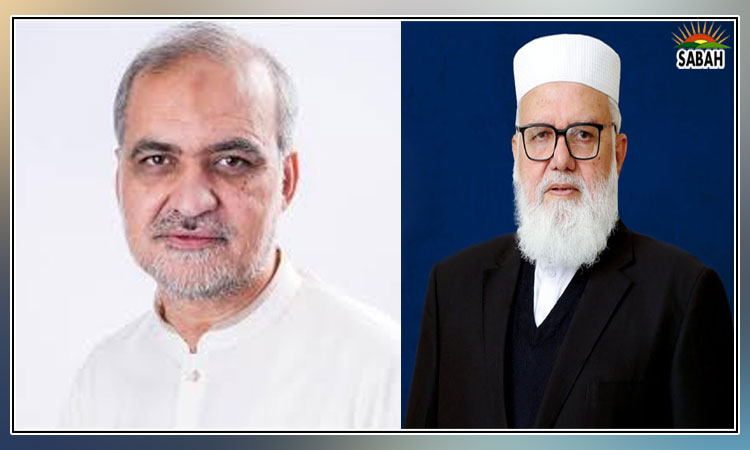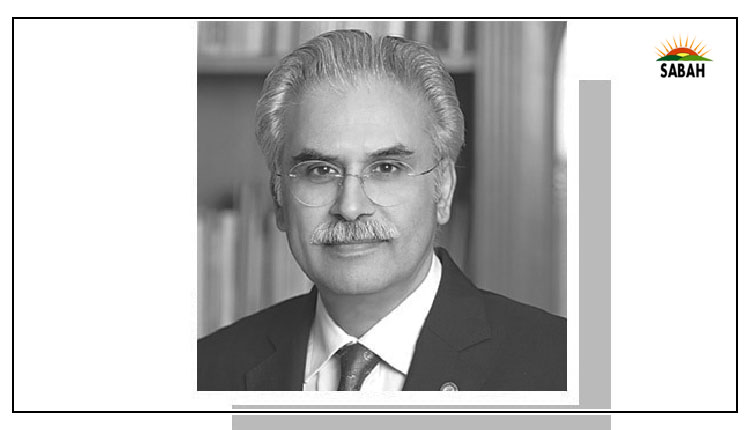Morbidity of hope….Zafar Mirza
I did not myself know what I wanted: I feared life, desired to escape from it, yet still hoped something of it. Leo Tolstoy
WE are all passing through collective anxiety and suffering from a sense of loss and perennial sadness. Gloom is growing. Hope is battered and morbid. Chronic optimism has its limits.
I mainly write these columns on health issues that abound and are deep and complex. Put together, they constitute a national health crisis. But the serious and sustainable resolution of any of these issues requires, ultimately, national stability, good governance, leadership, focus and fiscal prioritisation all of which we dont have.
The weak are dying of hunger. I will try my best all of my policies will be made to raise our weaker classes, for our labourers for our poor farmers, who work all year and get no money 45 per cent of children have stunted growth, they dont reach the right height, or their brains dont develop.
There are countries with less than 25 million people, and we have that many children out of school.
What a great loss of opportunity. In fact, was it really a true opportunity or a farce?
My effort will be that we try our best to raise these people up, that all of our policies be focused on human development. I want the whole country to think like this.
No country can prosper when there is a small island of rich people, and a sea of poor.
We will not do any kind of political victimisation. We will establish supremacy of the law whoever violates the law, we will act against them.
Accountability will start with me, then my ministers, and then it will go from there.
I am telling you that we will run Pakistan like it has never been run before and we will start with ourselves.
I pledge that there will be a different kind of governance in Pakistan.
This was the grand vision and high moral pitch on which it all started on July 26, 2018, after the election victory. In his first speech as prime minister on Aug 19, 2018, he pulled out a CT scan of the stunted brain of a child and compared it with a healthy brain scan to show the difference. The reason for the stunted brain was that the affected child was not getting enough nutrition, and 45pc of our children are stunted, almost every other child, he told the nation, and we are going to change this.
As a public health professional and an international civil servant sitting in the WHO regional office for the Eastern Mediterranean in Cairo, this speech lifted my spirits. I had goosebumps. Finally, I thought, there is somebody who knows the real problems of the people of Pakistan, who knows his priorities and is determined to establish an Islamic welfare state. Next day, in office I translated all this to my international colleagues and everybody voiced a big Wow! I had an acute urge to return to my country to witness this transformation up close, and contribute to it.
In mid-April 2019, sitting in a meeting in the same office in Cairo, I had a personal call from prime minister Imran Khan followed by another call the next day. In these conversations, we discussed in detail the health sector in Pakistan and its problems and the need for and approach to reform. I never realised in the beginning that I was actually being interviewed to join his cabinet as his special adviser on health. Finally, in the end, when he offered me the position, I promptly accepted. On being asked when I could come, my explicit reply was, on the first available flight to Islamabad, and that is exactly what I did, and never looked back. Such was the dream, the opportunity and the resolve.
After taking charge of the federal Ministry of National Health Services, Regulation and Coordination, I started attending cabinet meetings, and gradually the brightness started fading from what I was observing and experiencing in my efforts to bring tabdeeli to the health sector as part of naya Pakistan. Almost every reform effort was thwarted and blunted, one way or the other. My personal experiences and observations actually deserve a book, which I hope to write one day.
But look where we have landed in a bigger lurch, in every sense of the word, than before July 2018. What a great loss of opportunity. In fact, was it really a true opportunity or was it a farce? From what I saw as part of the government and what I have learnt since then and am learning every day, these days especially after the events of May 9, I feel so deeply betrayed, hurt and embarrassed.
I ask myself, was all this intentional or was it naivety mixed with lack of experience and mismanagement? Or was it hubris and a know-it-all attitude and delusional megalomania? Or was it all an obsession to get political opponents, and frustration at not being able to get them? Maybe it is a mixture of all these. But where to fit in and explain the turning of a blind eye to the corruption under the nose of near and dear ones? How to describe the stubbornness in defending a nincompoop chief minister against the whole world? Or is it that we still dont know the full story of all that is shrouded beneath layers of white sheets? Will time and destiny allow part two of my personal journey?
Flabbergasting is the complex human package of multiple intertwined strands of great visions and self-destructive weaknesses the weight of which drowns all good intentions, great sayings, lofty ideals and everybody else and the nation.
At the end, it is hope that is the ultimate sufferer, battered and morbid that is the real damage that has befallen us.
Human resilience will lift its head again out of shattered dreams, of course, but a loss is a loss.
The writer is a former SAPM on health, professor of health systems at Shifa Tameer-i-Millat University and WHO adviser on UHC.
zedefar@gmail.com
Courtesy Dawn, June 2nd, 2023


